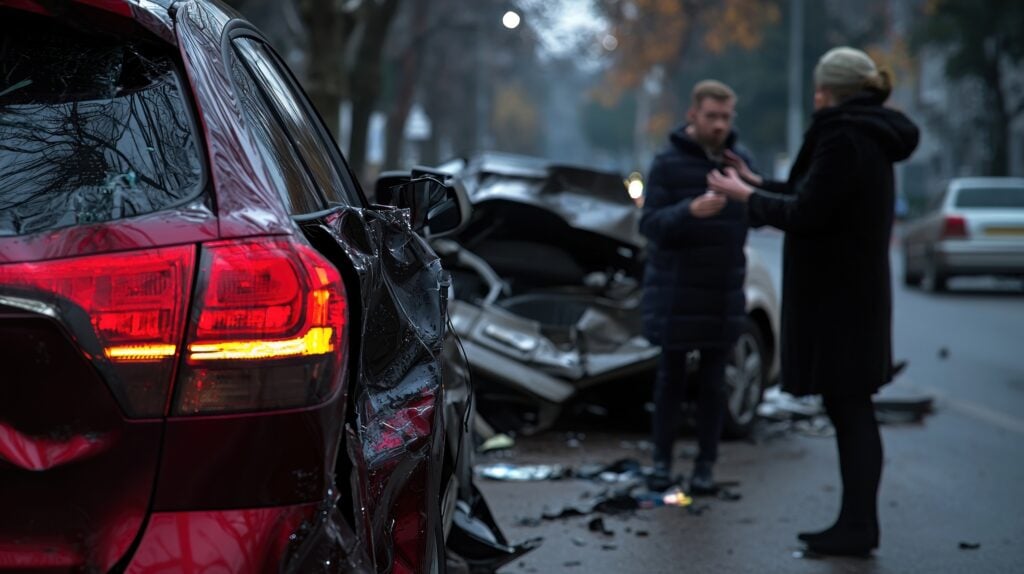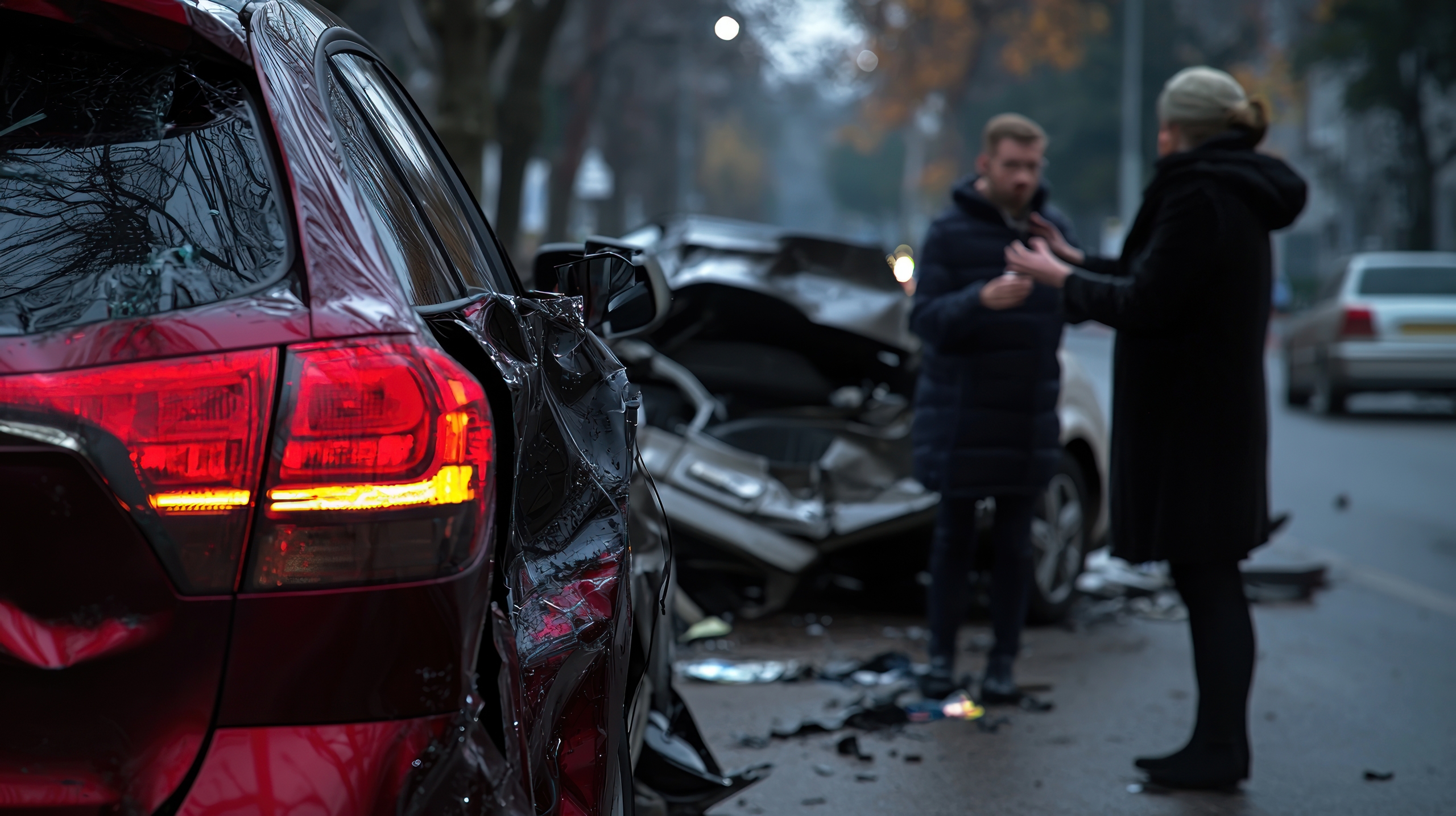The Role of Mediation in Florida Car Accident Settlements
If you’ve been injured in a Florida car accident, you may find yourself navigating the mediation process as part of your personal injury claim. While courtrooms may seem inevitable, Florida law encourages—and often requires—mediation before a case proceeds to trial.
Mediation offers a faster, less confrontational, and more affordable resolution method. However, knowing how to approach it strategically can greatly impact the outcome of your settlement.

This article breaks down everything you need to know about mediation in Florida car accident claims: how it works, what to expect, how to prepare, and how to increase your chances of success.
Understanding Mediation: A Legal Alternative to Court
What Is Mediation?
Mediation is a structured, confidential process where both parties in a dispute attempt to reach a voluntary settlement with the assistance of a neutral third party—a mediator.
Why Mediation Exists in Florida Injury Claims
Florida courts emphasize mediation in personal injury and car accident claims to reduce court congestion and encourage faster, less adversarial resolutions. Mediation helps avoid the time, expense, and unpredictability of a jury trial.
When Is Mediation Required in Florida Car Accident Cases?
Court-Ordered Mediation
Once a lawsuit is filed, the court will often mandate mediation before a trial can be scheduled. This gives both parties a chance to settle the case without a lengthy litigation process.
Voluntary Mediation
In some situations, both parties agree to mediation voluntarily—often encouraged by attorneys or insurance companies looking to avoid courtroom battles.
What Happens During the Mediation Process?
Step 1: The Initial Conference
Mediation typically begins with all parties in the same room (or video call) for introductions. The mediator outlines how the session will proceed, ensuring everyone understands the rules.
Step 2: Opening Statements
Each attorney presents their side of the case, summarizing the facts, damages, and expectations. These statements set the stage for negotiation but are not meant to be argumentative.
Step 3: Private Caucusing
After opening statements, the mediator meets privately with each party to discuss the case’s strengths and weaknesses. This is where most of the negotiation occurs.
Step 4: Offers and Counteroffers
The mediator shuttles between rooms with offers and responses, gradually guiding the parties toward a settlement. The process may take a few hours or an entire day.
Step 5: Agreement or Continuation
If a settlement is reached, it is documented and signed. If not, the case proceeds to the next stage of litigation.
How Long Does Mediation Take?
Typical Duration of a Session
Most mediation sessions last between 2 to 6 hours, depending on the complexity of the case and how far apart the parties are on key issues.
Multiple Sessions Possible
While many cases resolve in a single session, particularly complex or high-value cases may require multiple mediation meetings.
What You Should Bring to Mediation
Supporting Documentation
To strengthen your position, you should bring the following:
- Medical records and bills related to the accident
- Police reports and photos of the accident scene
- Estimates or receipts for vehicle repairs
- Evidence of lost wages or income
- Witness statements, if available
A Clear Settlement Goal
Have a bottom-line figure in mind. Know the minimum amount you’re willing to accept and consult your attorney about what is fair based on your damages and legal standing.
The Role of the Mediator in Florida Injury Cases
A Neutral Facilitator
The mediator does not act as a judge and has no authority to impose a decision. Their role is to help both sides see the potential risks of trial and find a middle ground.
How Mediators Influence Outcomes
An experienced mediator may challenge unrealistic expectations, reframe arguments, or highlight areas of compromise that weren’t previously considered.
How Mediation Differs from Going to Court
Control Over the Outcome
In mediation, you have the power to accept, decline, or negotiate a settlement. In court, a judge or jury makes that decision for you.
Time and Cost Advantages
Mediation can resolve a claim in weeks or months, while court proceedings often take a year or more. Legal costs are significantly lower when a case settles at mediation.
Confidentiality Benefits
Unlike public court trials, mediation is private. Nothing said during mediation can be used against you later in court, encouraging honest discussions.
Insurance Company Tactics During Mediation
1. Minimizing Your Claim
Insurance adjusters often attempt to reduce the value of your claim by arguing that your injuries are not severe, unrelated to the accident, or that your medical treatment was excessive.
2. Comparative Negligence Arguments
They may try to claim you were partially at fault for the accident, which in Florida can reduce your compensation under the state’s comparative negligence rule.
3. Lowball Initial Offers
Initial settlement offers are often well below what your claim is worth. This is a negotiation strategy—not an indicator of your claim’s true value.
How an Attorney Can Help During Mediation
Case Preparation and Presentation
An experienced personal injury attorney can compile and present evidence in a compelling way, reinforcing the seriousness of your injuries and the validity of your claim.
Strategic Negotiation
Your attorney understands insurance company tactics and will know when to push back, when to move forward, and how to structure a fair settlement.
Legal Protection
Your lawyer ensures your rights are protected, preventing you from being coerced into accepting a low settlement.
What Kind of Settlement Can You Expect?
Factors That Affect Settlement Amounts
The average Florida car accident mediation settlement varies depending on the type and severity of injury, medical expenses, lost wages, pain and suffering, and long-term impact on your life.
Payout Range
While minor injury cases may settle for under $15,000, moderate injury cases often settle in the $25,000 to $75,000 range. Severe injuries involving permanent impairment can result in six-figure or even million-dollar settlements.
What Happens After You Reach a Settlement?
Signing the Agreement
Once you and the insurance company agree on terms, both parties sign a settlement agreement. This document is legally binding.
Timeline for Payment
Most insurers issue checks within 30 days of signing the settlement agreement, although delays can occur depending on internal processing or lien resolutions.
Common Challenges During Mediation
1. Emotional Involvement
Injury victims may struggle to remain objective, especially if the accident caused significant pain or trauma. Emotional decision-making can complicate the negotiation.
2. Unreasonable Expectations
Both sides may enter mediation with unrealistic expectations, making compromise difficult. Mediators often help reset these expectations to facilitate progress.
3. Poor Preparation
Lack of documentation, disorganized arguments, or entering mediation without a clear plan can weaken your position and reduce your chances of success.
Frequently Asked Questions About Florida Car Accident Mediation
Is mediation legally binding in Florida car accident cases?
Mediation itself is not legally binding. It is a voluntary process where both parties try to reach a mutual agreement. However, if the parties do come to a resolution and sign a settlement agreement during the mediation session, that agreement becomes a legally binding contract enforceable by law. Once signed, the terms of the agreement are final and cannot be changed, except in very limited circumstances involving fraud or misrepresentation.
What if we don’t reach a settlement during mediation?
If mediation does not result in a settlement, the case will continue through the legal process, typically heading toward trial. While mediation is often effective in resolving disputes, there is no guarantee of a settlement. Even if an agreement is not reached during the session, the information exchanged can help clarify the issues and lead to a resolution later on. Importantly, all discussions during mediation remain confidential and cannot be used in court.
Can I reject a settlement offer during mediation?
Yes, you have the right to reject any offer made during mediation. You are under no obligation to accept a settlement that you feel does not fairly compensate you for your injuries and damages. Mediation is entirely voluntary in terms of outcomes, and you retain full control over whether to accept, reject, or counter any proposal that is put on the table.
How soon after mediation will I receive my settlement check?
Once a settlement is reached and the agreement is signed by both parties, the insurance company typically has up to 30 days to issue the payment. However, the actual time it takes to receive your check can vary depending on several factors, including how quickly the insurer processes the paperwork and whether there are any outstanding liens or claims on your settlement amount. Your attorney can help you navigate this final step to avoid unnecessary delays.
Should I attend mediation without an attorney?
While it is legally permissible to attend mediation without an attorney, it is strongly discouraged—especially in personal injury cases involving car accidents. Insurance companies have legal teams and adjusters working to minimize their financial liability. Having an experienced personal injury attorney on your side helps ensure that you are not taken advantage of and that your case is presented effectively. Your attorney will also help you understand the value of your claim and negotiate terms that truly reflect your losses.
Contact Lawlor, White & Murphey Today
Mediation can be an excellent opportunity to resolve your car accident claim, but it isn’t something you should approach unprepared. Insurance companies have professionals trained to protect their bottom line—and so should you.
If you’re scheduled for mediation or considering a personal injury claim, speak with a qualified Florida car accident lawyer. The right attorney can help you prepare, negotiate effectively, and walk away with a settlement that reflects the true value of your injuries and losses.
Don’t face the process alone. Contact Lawlor, White & Murphey today and take control of your claim.
